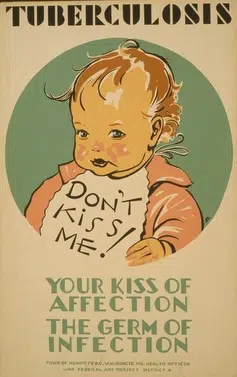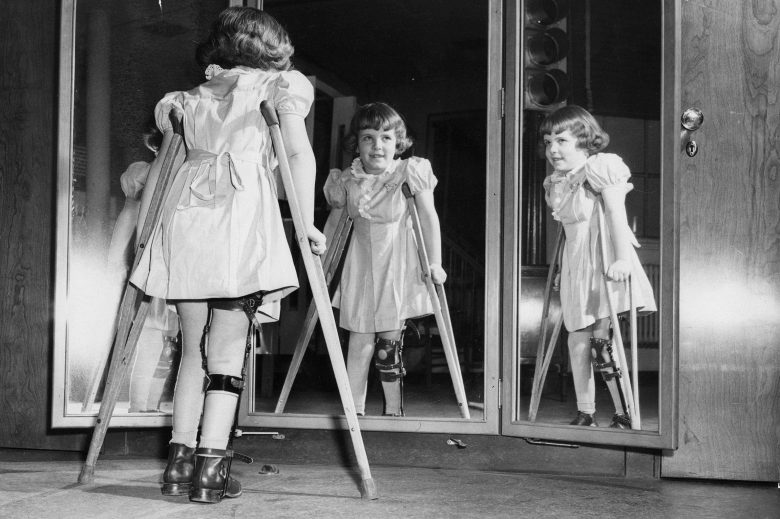How vaccines protect children against disease
Today’s guest post comes to us from Ryan Varela, the CEO of Boost Health Insurance, and he writes about how vaccines protect children against disease. Vaccines protect children against disease because they have helped in reduce or completely eliminate many infectious diseases from diptheria, polio to even chickenpox and small pox. Some still beleive that vaccines cause autism in children and that is simply not true. Even the Centers for Disease Control (CDC) have information proving that vaccines do not cause autism in children and are vital for public health. An outbreak can happen when parents fail to vaccinate their children. Of course, for each parent, it is a personal decision they must make, but when it comes to vaccines, my wife and I are firm believers in the value and importance of getting our children vaccinated.
Thanks for the great article, Ryan. We hope everyone else enjoys it too.
Some have claimed
Enjoy.
– Will
Advertisement
How vaccines protect children against disease that may result in death or serious illness?

In the United States and many European countries, vaccines have helped in reducing or eliminating completely many infectious diseases, which once harmed or killed many infants or children.

However, some of these diseases still exist and can result to premature deaths, but with proper vaccinations, children can be protected from them. Some diseases are becoming rare both in United States, Europe, Africa and Asia, thanks to the help of these vaccinations. The only way to completely eliminate these diseases is through regular immunization process.
The essence of vaccination is not just to protect our children, but also to protect their own children and their children’s children and the public’s health overall. Vaccinations have made viral diseases like polio, meningitis, small pox etc. to be reduced to near eradication around the world.

How do vaccines work?
Vaccines help to boost the immune system of your child, so that if the body comes into contact with any specific germ, the immune system will quickly recognize it and fight it. Vaccines protect children against disease because those who are properly vaccinated will either not become sick or will rarely become sick. If you truly want to protect your children from life threatening and often dangerous diseases, then the best thing to do is to vaccinate your baby according to CDC guidelines.
Which deadly diseases were wiped out by vaccines?

Over the years, vaccines have helped in boosting our healthcare system. There are so many examples of diseases that have been completely wiped out by vaccines. For the purpose of this article, we shall look into three diseases namely diphtheria, chickenpox, and polio.
Diphtheria
This is an obscure disease that has been killing babies for many years, until babies started to get diphtheria vaccines. Today, common vaccines protect children against disease like the DTap administered to babies that completely protects them against whopping cough or pertussis, tetanus, and diphtheria. Although, it is highly preventable, but it is no longer a killer disease.

Diphtheria makes a child to develop a thick covering on their throats or in the back of their nose. This disease’s impact can have consequences rendered in multiple ways. It can lead to paralysis, heart failure, difficulty breathing and even death. Ensure you vaccinate your child against diphtheria today.
For maximum protection, healthcare specialists recommend that you give your child at least five doses of DTap vaccine. Your child will get each of these doses within 2 months, 4 months and 6 months of birth, then 15 to 18 months and between 4 to 6 years of age.
Chickenpox

Next in our list of how vaccines protect children against disease is a serious illnesses is chickenpox. Chickenpox is a killer disease that causes fever or itchy rash of blisters on your child. If a child contracts chickenpox, he or she will have many blisters numbering up to 500 all over their body. Chickenpox is a life threatening disease among babies, especially those with weakened immune system. Vaccinating your child is the safest way of keeping him or her healthy. For best protection, healthcare specialists recommend that you give your child at least 2 doses of chickenpox injections. The first can be given within 12 to 15 months, and 4 through 6 years.
Polio
Finally, in our list of ways that vaccines protect children against disease is polio, a deadly infectious and crippling disease that is caused by poliovirus. It is a communicable disease which can pass from one person to another. Polio is so dangerous that it can affect the victim’s spinal cord or brain, thereby cause paralysis. As an anecdote, President Franklin Delano Roosevelt contracted polio and was paralyzed as a result and the March of Dimes formed to eradicate this disease from the planet and still thrives today in working "to prevent birth defects, premature birth and infant mortality". This illness is no joke and another reason why vaccines protect children against disease and you should take heed.

The United States, today, is polio-free, thanks to vigilant and persistent vaccination of children in our country. But in some parts of the world, especially Asia and Africa, polio is still a life threatening disease. Ensuring that children are properly vaccinated against polio remains the ideal way of eradicating polio in the world.
Healthcare experts recommend that every child should get four dosages of polio vaccines, which is known as IPV for maximum protection. The first dose will be given at 2 months, another at 4 months, then the third one can come between 6 through 18 months and finally 4 through 6 years.
Was this article helpful? Kindly share your thoughts!

